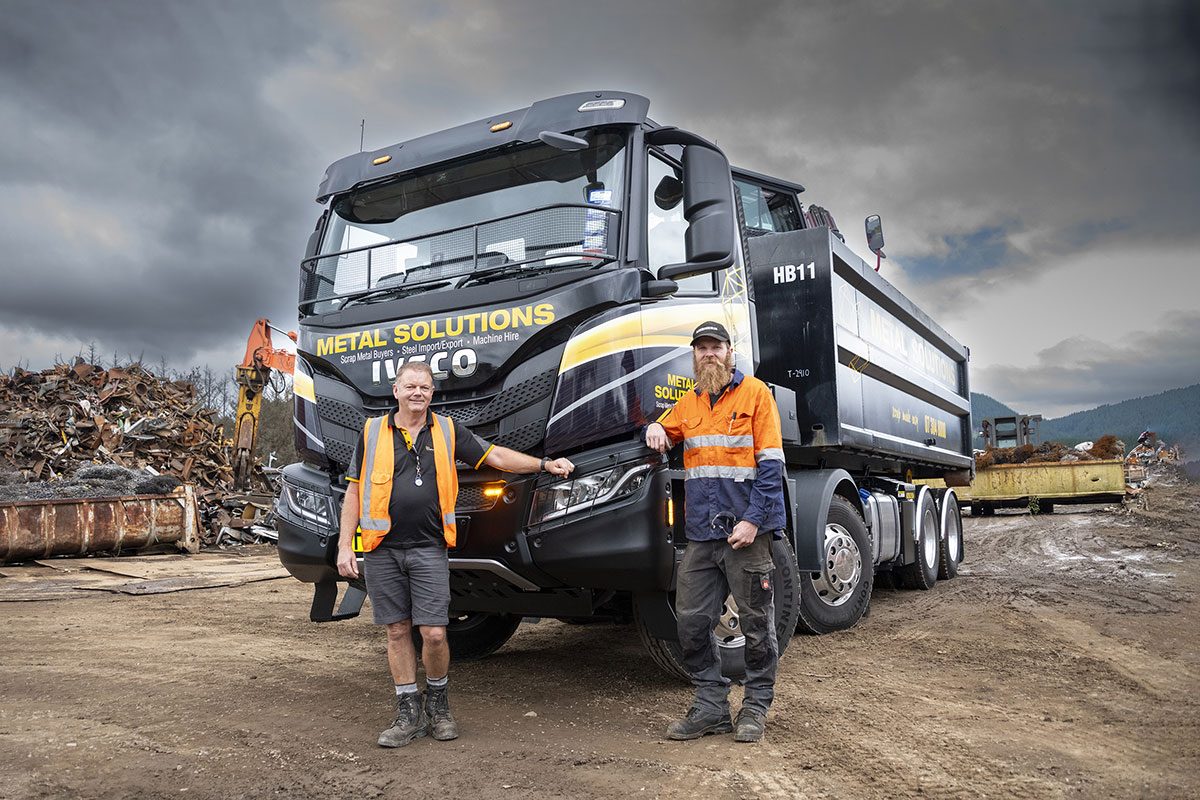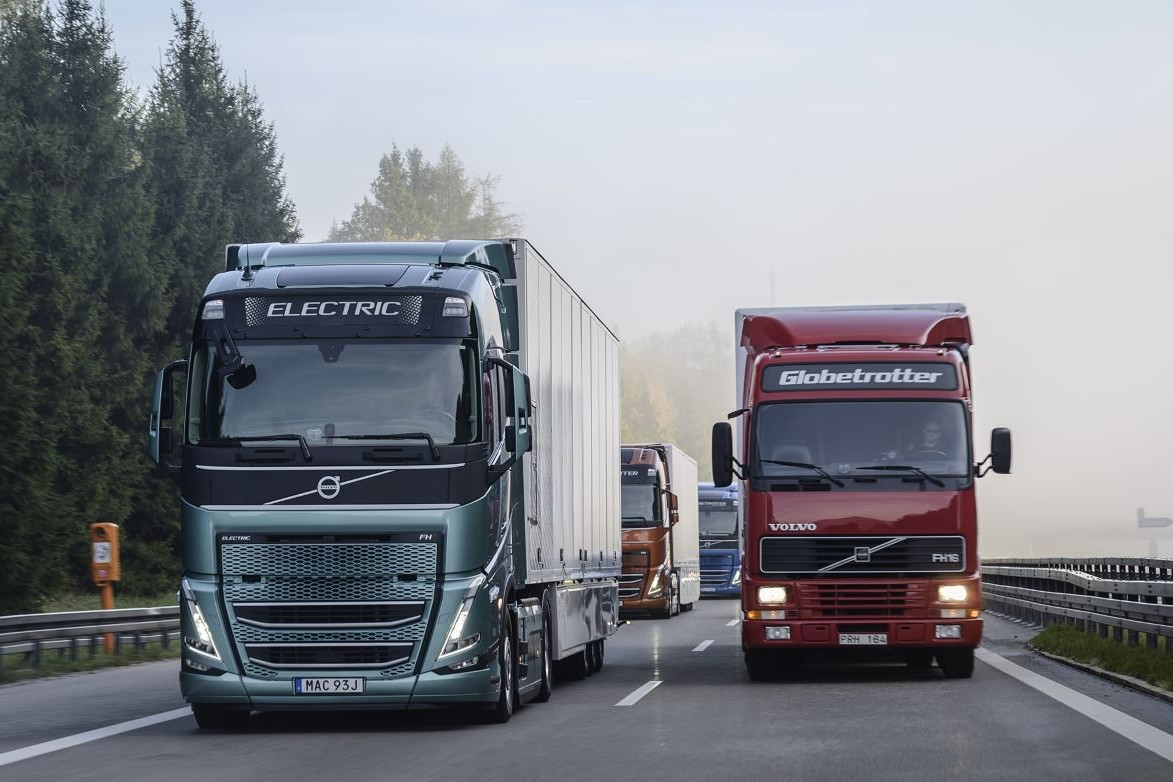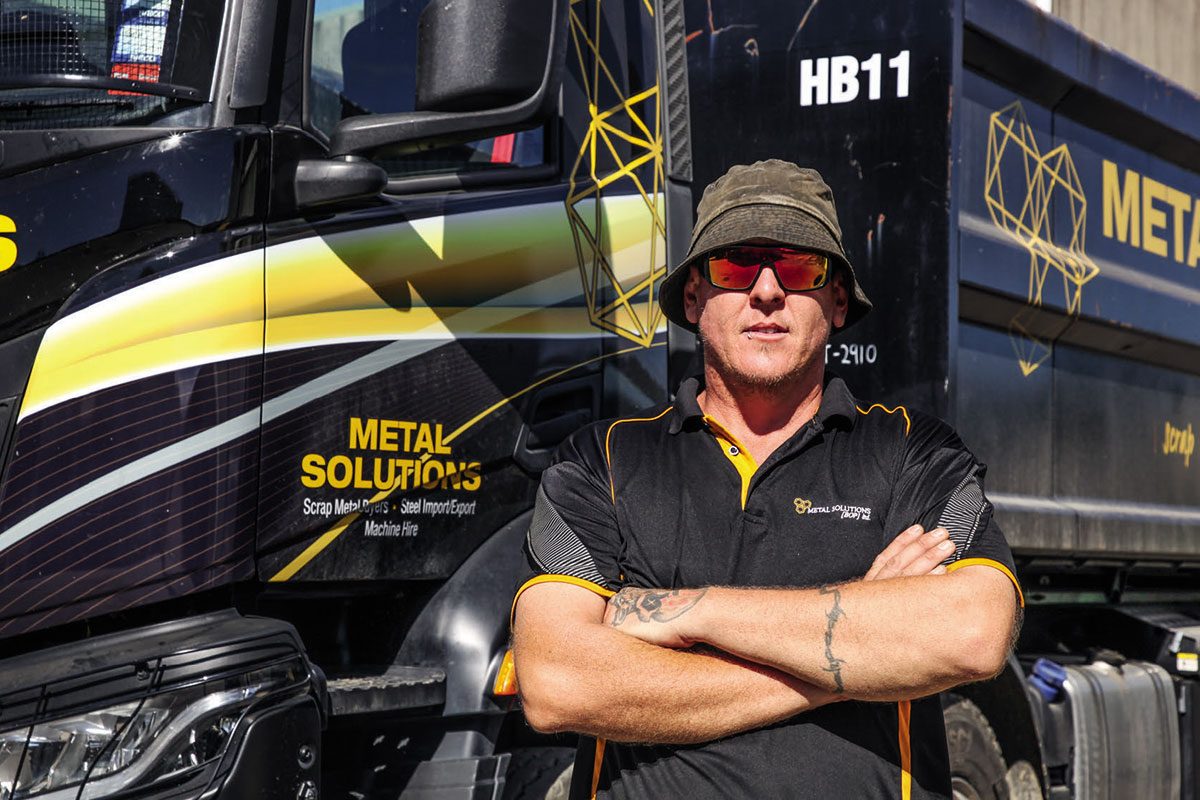
Steve Divers addressing delegates at the RTF conference last year.
The transport industry is crying out for skilled drivers and Steve Divers is leading the initiative to encourage more people to enter the industry.
He says last year was very much a scoping exercise while the trucking industry and the Government‘s Sector Workforce Engagement Programme (SWEP) looked at how big the problem was.
Divers completed a stocktake in May last year, and the consensus was the existing programmes at five tertiary institutes (Northtec, Bay of Plenty – Toi Ohomai, Eastern Institute in Gisborne, Whitireia in Wellington, and SIT in Invercargill) that offered a level three Certificate in Commercial Road Transport should be supported.
The four North Island institutions have undertaken a tactical review of their qualifications (SIT is doing that now) to change the programme from a unit standards based approach – very much one-size-fits-all – to something that’s a lot more vocational and can be delivered in a work environment. Additionally they have split the courses into five key modules, bringing in a requirement for work experience.
“So they are able to deliver their modules specifically around what the transport operator is doing. It allows them, effectively, to work in a mixed model, where a transport operator could sponsor somebody on the course, offering a work placement for say two months, or they could be employed but do a block course every year within that tertiary organisation.”
Divers says the new programmes will be a hybrid, with a unit standard portion for licensing but with work experience being run in one or two modules, with a requirement that the student would need to be in a work placement in order to pass the course.
“This places a high emphasis on the industry stepping up and saying that they will take people on or offer training opportunities in their business for those wishing to learn those skills.”
Divers says a cadetship programme is the next phase in trying to recruit more truck drivers, and one of the key areas that needs to be addressed is the fact only a third of those under the age of 25 are likely to have a full car licence.
“It‘s really to try and educate operators and say, ‘you‘re going to have to lower your sights from class 5, 4, even a class 2, to bringing somebody on who is unskilled, who might still be on a restricted car licence. Employ them in an unskilled role, where you can, and really try and develop them in a cadetship.”
The information that has been gleaned over the past year will be put into a business plan that Divers says will go to the board this month.
“That‘s really about how do we get the outcome and what do those outcomes look like. It‘s not just about getting drivers in, it‘s about promoting the industry and about helping operators become great operators, and what they need to do to be able to support training. We‘ve been looking at developing a charter that industry can sign up to, running regional cadetships, and coordinating that activity to start feeding the pipeline of young people into our companies.”
Divers says there had been an unrealistic expectation that within one year X-many drivers would be plugging gaps.
“We found it‘s not just a case of grabbing young people and getting them a licence. We‘ve got to find those people first of all because we‘re competing against other industries. We‘ve got to identify where those training opportunities are to get them licensed and gain experience, so all that hard work‘s had to take place before we could start recruiting directly.
“I think the transport industry is one of those industries where we all expect somebody else will fix the problem and we‘re fighting that mind-set. The industry will need to adopt these cadet programmes in order to bring people through, and that we have some level of consistency with the expectations of what people actually need to learn while they are in a cadetship.”
Divers says if they can get people onto a course and give them a qualification at the end of it, they will have something to go back to the government with.
“We can say, ‘actually, we are a skilled occupation and these are our benchmark qualifications that underpin that‘. Otherwise, we‘re looking at short-term fixes and some degree of immigration at some point. It‘s not the be-all and end-all and it‘s not the long-term fix, but certainly in the short term, we may well need to leverage immigration, but we can‘t do that unless we‘re an occupation that‘s recognised as skilled.”
Divers points out that legally a 12-year-old can drive a tractor engaged in agricultural operations on a farm, as long as they have been inducted onto that piece of equipment, so using health and safety as an excuse to keep young people out of trucks was a cop-out.
“If we can get a 12-year-old in a tractor on a farm, we sure as hell can get a 15-year-old in a passenger seat of a log truck. We seem to be too scared to approach it, and unless we do, we will miss out to other industries.”
If a programme can be developed and presented to schools, Divers says it could help capture the 70% of students who don‘t go off to university.
“If we can make it a free resource, we‘re going to be one step ahead of everyone else. If we can get those resources into the schools, say, ‘here you go, for all those who aren‘t going to go off to university, for those who aren‘t quite sure what they‘re going to do yet, do these credits‘. If they‘re not going to be on an academic pathway, get them on to this, and then we can get them into our businesses for one or two days a week. They might be a thorn in your side at school; they could be an absolute asset in our business.”
Divers says they are looking to develop a charter and get the industry to commit to it.
“Some of the things we‘ll be looking at include, what is a good employer, what do we need in a cadetship, which are those good companies we want to work with and support, what are they prepared to do, and then, if you want to be part of this programme, then you‘ve got to commit to being a good employer and committing to a charter as an association member. This is about selling the benefits of membership. It doesn‘t matter which one you belong to, as long as you‘re a member of one, and the benefit is we will support you with your cadetship and training, and if anything, we will try and feed young people to you.”
Divers admits there is still a lot of work to do and it won‘t be a quick solution to the driver shortage problem.
“We do have a utopia that we want to see, and this is still a year or two years down the line. A lot of things we haven‘t done enough of for many years, so it takes twice the amount of effort to get things back up and running again with those key people who can continue it. We can‘t afford to lose any more programmes, and we all know that recruitment is of paramount importance in our industry.”
Read more
30 years of innovation
0 Comments13 Minutes
Against the tide
0 Comments5 Minutes
To the shredder!
0 Comments2 Minutes





